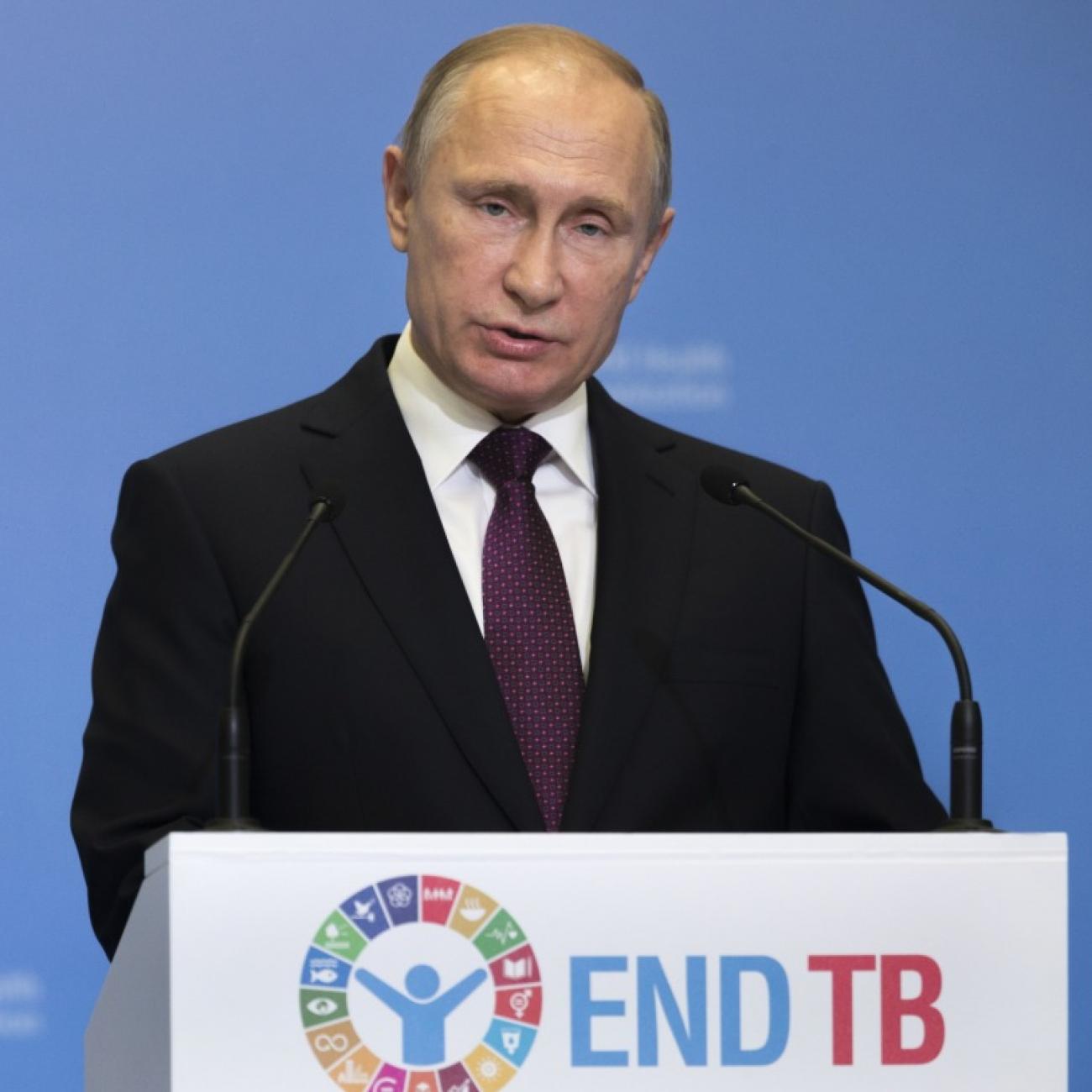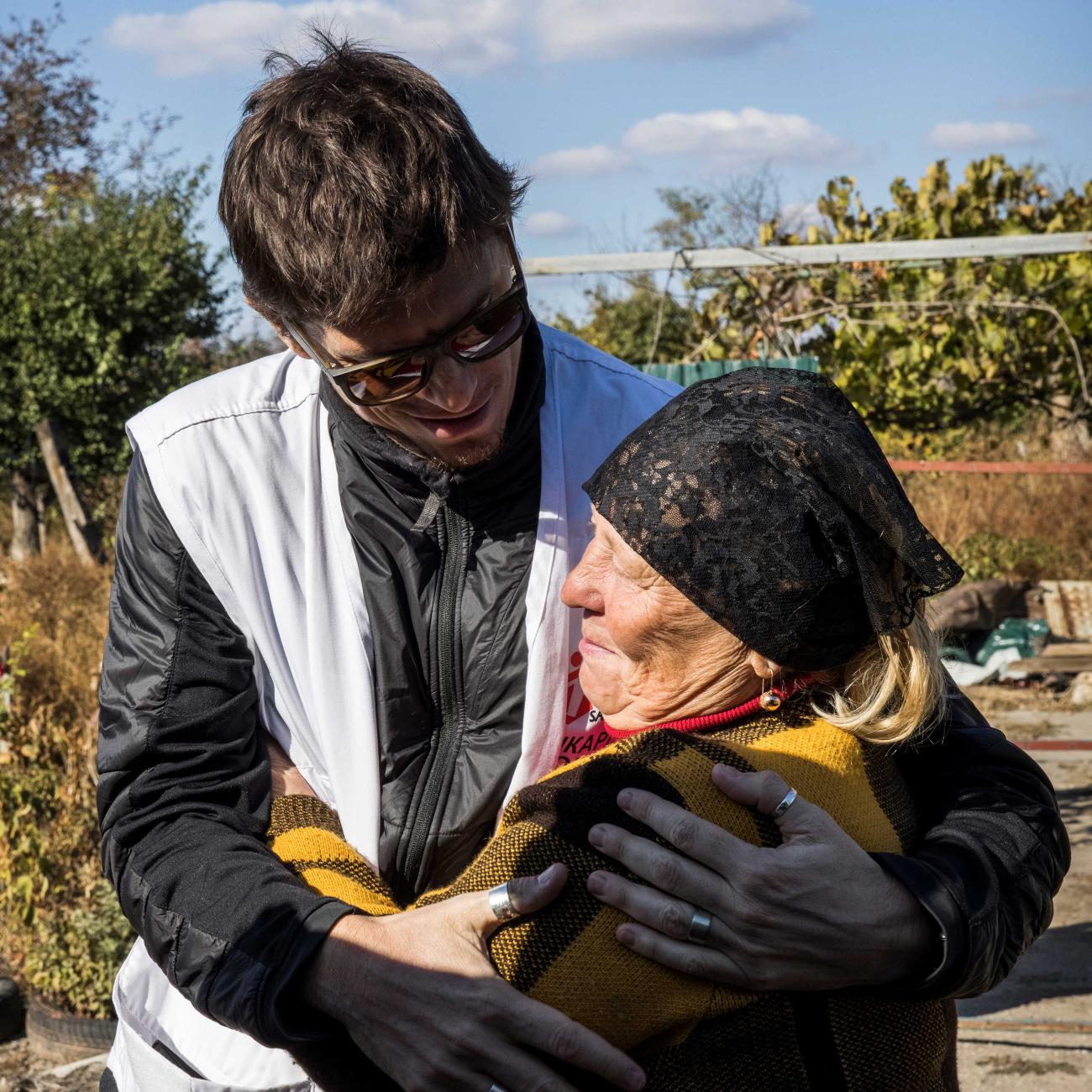The summer of 2023 witnessed important diplomatic maneuvers by the United States and China. In July, the U.S.-led North Atlantic Treaty Organization (NATO) allowed Sweden to join—three months after Finland did—in expanding NATO as a response to Russia’s invasion of Ukraine. In August, the United States, Japan, and South Korea entered a defense agreement to counter China’s ambitions in the Indo-Pacific region. Also in August, China persuaded the BRICS group—Brazil, Russia, India, China, and South Africa—to expand its membership. That change showcased China’s desire to build coalitions outside U.S.-influenced international regimes.
All those efforts are moves in the competition for power and influence that characterizes U.S. relations with China and Russia. NATO’s expansion, the U.S.-Japan-South Korea pact, and the BRICS group’s enlargement highlight how that competition affects foreign policy calculations, including for low- and middle-income countries (LMICs) seeking to avoid becoming geopolitical pawns. Other steps over the summer reinforced that trajectory, including U.S. concerns that China, Russia, and Iran (a new BRICS member) pose biodefense threats.
“International cooperation is in retreat”
Kristalina Georgieva
Those developments highlight how great-power rivalries dominate the formulation of national interests, fracture space for collective action, and weaken multilateralism. As Kristalina Georgieva argued, “international cooperation is in retreat” in security, economic, and other policy areas. The worldwide “rise of fragmentation,” she continued, “makes it nearly impossible to manage tremendous global challenges,” including pandemics and climate change.
Foreign policy action on global health confronts the fragmentation problem, and how countries navigate this challenge is an important question for global health diplomacy and governance.
The G2 and Global Health Détente
The COVID-19 pandemic and increased urgency concerning climate change prompted notions that China and the United States—the so-called Group of Two (G2)—could work together on global health threats despite their rivalry. A G2 détente on global health could catalyze collective action by shielding global health cooperation from geopolitical competition and the diplomatic fragmentation associated with it.
The sustained deterioration of bilateral relations between China and the United States, however, has dashed those hopes. Michael Beckley captured why global health détente has not developed: “How should climate change be handled? Where did COVID-19 come from? Ask around Beijing and Washington, and one is likely to hear irreconcilable answers.”
The West and the Rest
After the Cold War, Western democracies elevated the foreign policy importance of global health, supported innovation in global health governance, and increased development assistance for health. Those actions had no geopolitical motivations because they arose when the United States and other liberal democracies had no rivals. China, Russia, and other authoritarian states weakened the liberal international order in the 2010s but, in so doing, showed no interest in challenging Western global health leadership.
Western democracies could sustain their political, diplomatic, and financial support for global health without framing that support as geopolitically important. After all, global health leadership by the United States and other Group of Seven (G7) nations did not prevent China and Russia from shifting the balance of power and did not stem the global decline of democracy. Conceptualizing foreign policy on global health as outside the realm of realpolitik could create opportunities for the democratic West to address threats according to science and epidemiology rather than geopolitics.
Middle Power Management
The impact that geopolitics had on U.S. and Chinese responses to COVID-19—and is having on climate change diplomacy—has produced interest in middle powers taking more responsibility in global health. What defines a middle power remains analytically fluid, but countries identified as such typically have political, economic, military, and diplomatic capabilities and important geographical positions that give them influence in world affairs.
A middle-power strategy involves skepticism that global health can escape great-power competition unscathed—a perspective reinforced by the failure of a G2 global health détente. Instead, middle powers have more flexibility to operate underneath that competition and foster bilateral, plurilateral, and multilateral cooperation. For example, Hervé Lemanieu and Alyssa Leng analyzed the troubled diplomacy on COVID-19 and identified the potential for a “networked grid of competent middle powers” that could engage in “creative diplomacy” on global health issues.
Nonalignment’s New Day
The return of balance-of-power politics has created concerns among some middle powers and LMICs—particular those in the Global South—that geopolitical competition pressures them to choose sides. During the Cold War, countries that did not want the U.S.-Soviet rivalry to dictate policy choices formed the Nonaligned Movement.
Interest in nonalignment reemerged as great-power competition returned to international politics and as relations between the United States, on the one hand, and China and Russia, on the other, deteriorated in dangerous ways. For example, India and South Africa see the BRICS group and its expansion as important for LMIC nonalignment in a multipolar world. The vaccine inequity LMICs experienced during COVID-19 and high-income countries’ failures on climate change inform interest in a nonaligned strategy to address health problems that affect LMICs.
Renewed Regionalization
Around the world, regionalism provides a way to navigate treacherous geopolitical waters. Thick webs of political, economic, and social connections can buffer regional organizations and strategies from the sound and fury of intensifying great-power competition.
Collective action problems during COVID-19 generated incentives for countries to turn toward regionalization. Countries in Africa want to craft a new African public health order. Regional initiatives have also appeared in Asia, the Caribbean, Europe, and Latin America.
Everything Everywhere All at Once?
Each approach to mitigating the impact of geopolitics on global health involves a coalition of like-minded states. No group on its own can manage the challenges that countries confront, especially the threats that pandemics and climate change pose. Progress is, however, possible when more coalitions pursue global health cooperation. In that sense, “health in all coalitions” acknowledges the reality of realpolitik and the need to advance global health objectives wherever and whenever possible.
No group on its own can manage the challenges that countries confront, especially the threats that pandemics and climate change pose.
As global health became a more important issue in the first decade of this century, some experts worried that the proliferation of initiatives, diversification of actors, and expansion of funding threatened to fragment multilateral global health governance anchored in the World Health Organization. Those concerns with fragmentation-by-engagement centered on whether too many coalitions of like-minded actors would produce suboptimal global health outcomes.
How times have changed. Today, global health faces fragmentation-by-geopolitics—a phenomenon driven by security, economic, and ideological competition between hostile great powers. As seen in NATO’s expansion, the U.S.-Japan-South Korea agreement, and growth of the BRICS group, strategic moves in that competition do not involve global health but make collective action on global health more difficult.
The danger is not a lack of coalitions that could advance global health. It is instead that those coalitions will not prioritize global health because fragmentation-by-geopolitics creates security, economic, and ideological threats that will take precedence.




